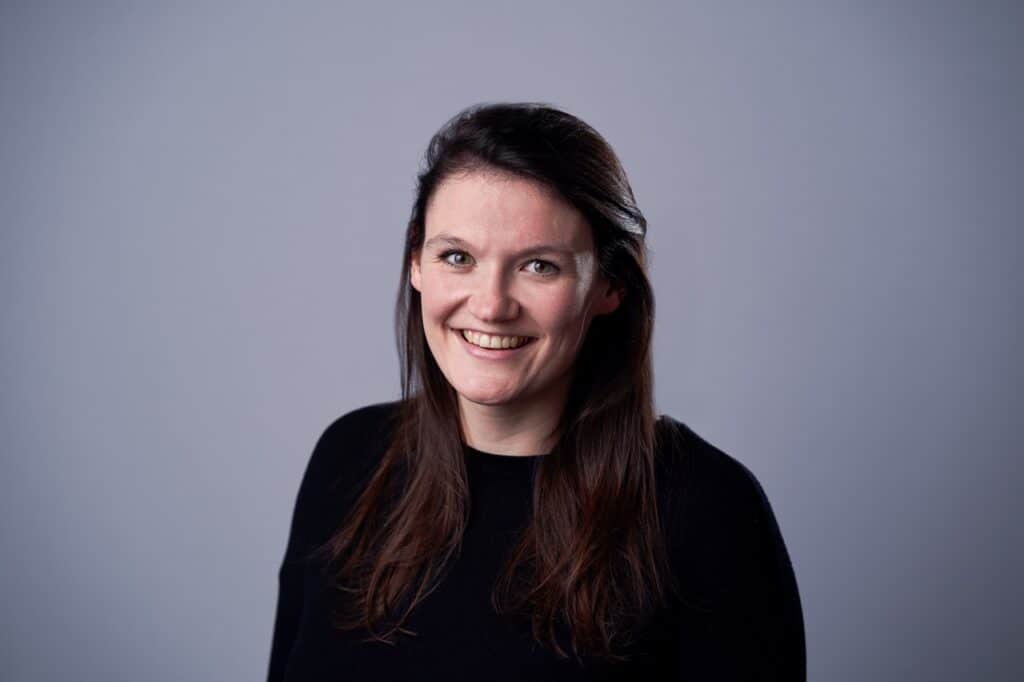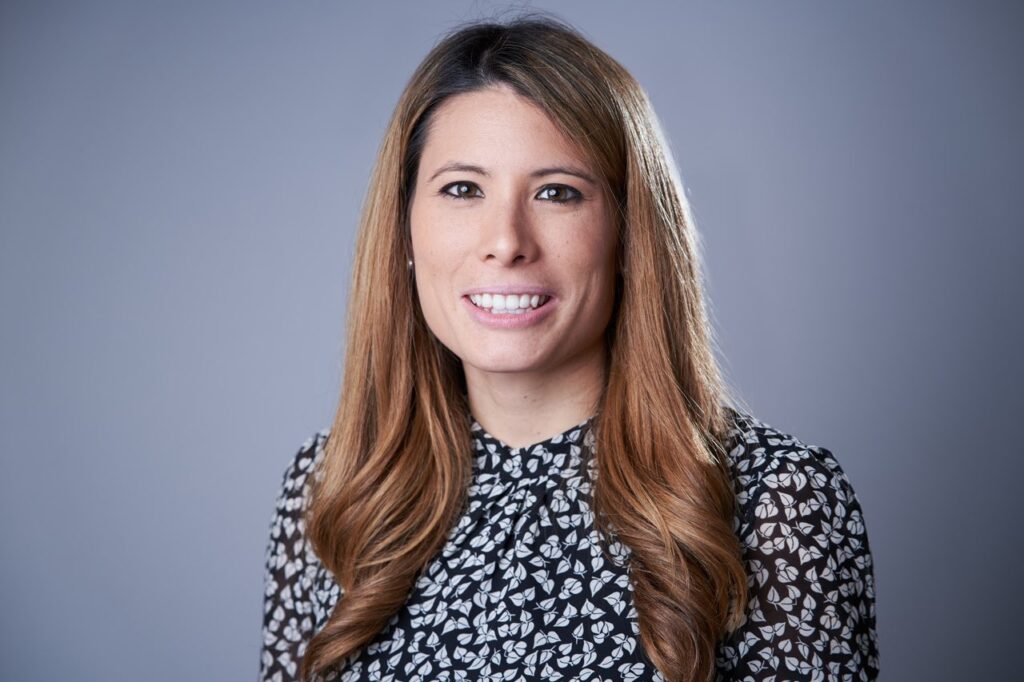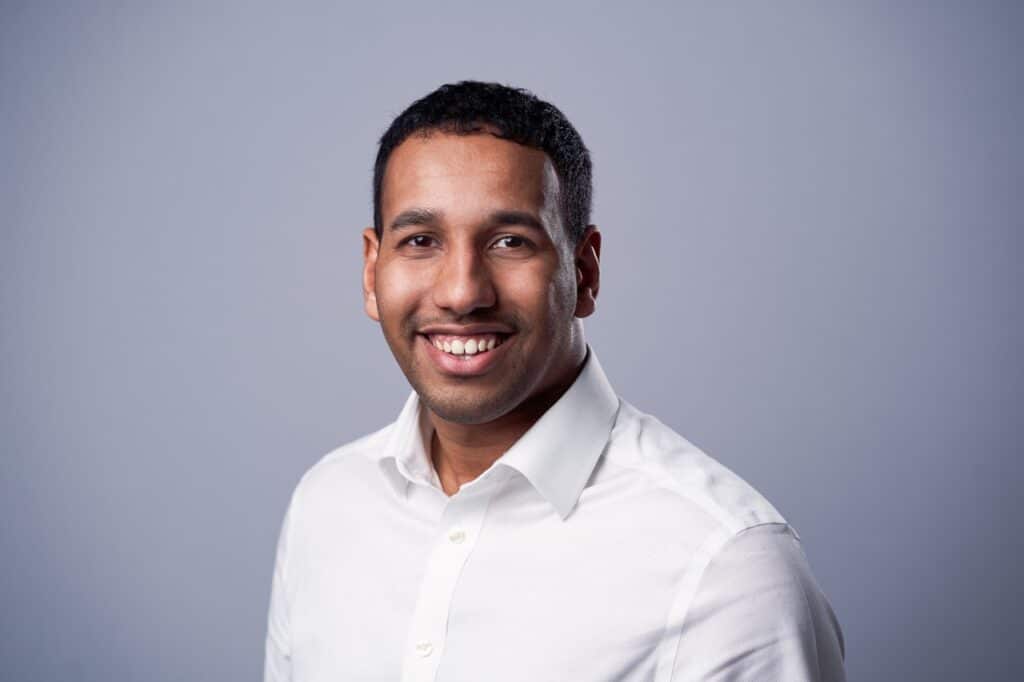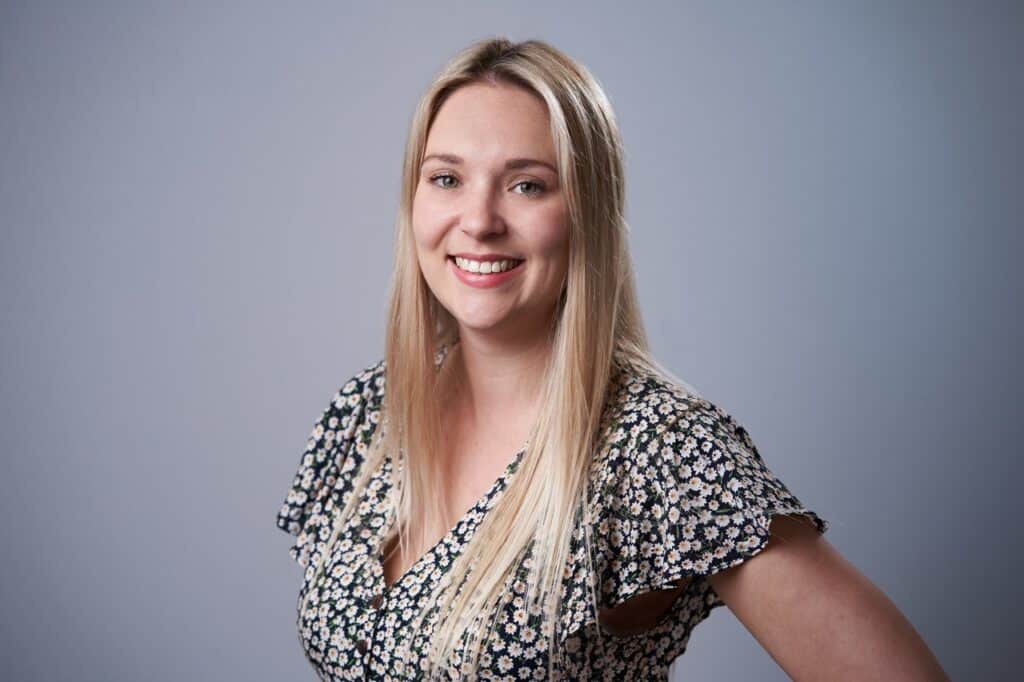We explore the business end of transformation and some of the key principles that drive successful change delivery in a dynamic business environment.
CORPORATE REBELS

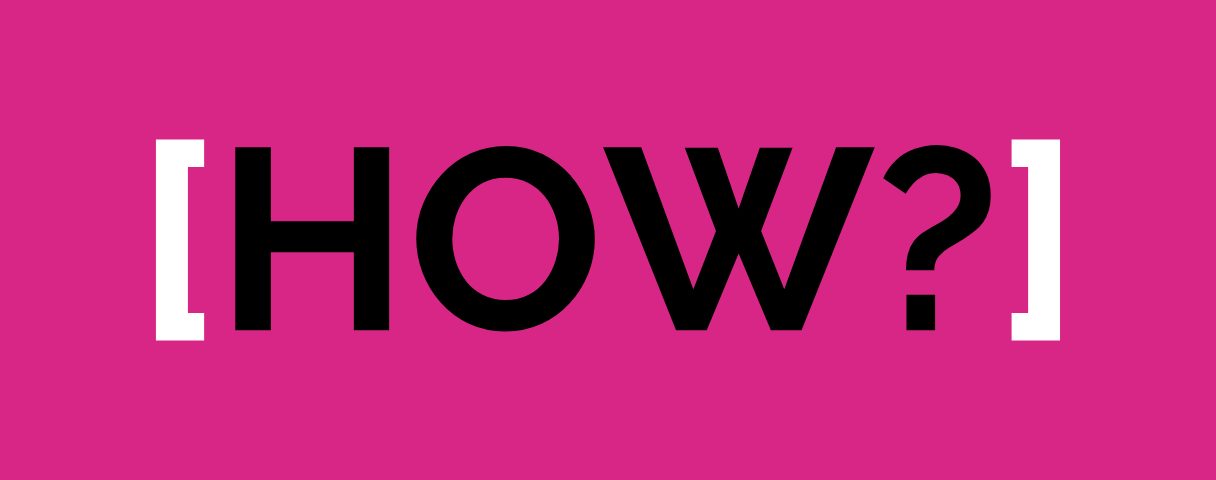
By:
Profit is important, but in the majority of cases, profit is not purely why an organisation exists or what differentiates it from any other business. An organisation being clear on its purpose is core to its success – everything stems from it: strategy, products and services, and critically, values. Values lay the foundation on which an organisation operates, and ultimately, how it achieves its purpose.
Purpose and values need to be more than writing on the wall, they should inform processes, decision-making, hiring, reward and recognition – all the fundamentals of an organisation.
The layered, hierarchical pyramid is an organisational structure known to many, with many organisations continuing to operate in this way. These structures were designed for a predictable, stable world over a century ago – a world that no longer exists. As organisations have grown and the necessity for rapid agility in the modern world has increased, these structures are now slowing organisations down and preventing them from operating effectively.
More progressive, modern businesses are starting to organise themselves around a “team of teams” model – a structure that more resembles a smaller network of organisations. These structures provide organisations with flexibility, unrivalled efficiency, and a widespread sense of belonging.
“Innovative”, “creative”, “entrepreneurial” – words often seen on job descriptions, products and services, and organisations’ “About us” pages. Many people recognise that these qualities are critical to an organisation’s success in an increasingly competitive market. Yet, only 34% of employees feel they have the freedom to experiment and innovate in their job.
For organisations to be truly innovative and reap the rewards, they need to have creative employees who are empowered through a culture of experimentation where they feel encouraged to do things differently.
In the majority of today’s organisations, a centralised authority holds most of the decision-making power. However, teams often perform better when they apply their collective brainpower to problems and are provided with the autonomy to take action rather than having solutions dictated to them.
Withholding decision-making power builds frustration in the workforce and minimises organisations’ ability to move quickly, respond to market pressures, and make decisions that truly align with their business needs. By setting up the right supportive structures, organisations can decentralise and, therefore, enhance decision-making effectiveness and efficiency across the business.
Greater information availability enables heightened accuracy and speed of employee decision-making. Yet, many organisations continue to keep the curtain closed on how they operate. Many employees therefore remain unaware of how their organisation truly functions, forcing them to make decisions without all the facts in front of them.
Some organisations are now opting to, at least partially, unveil their inner workings, opening up salaries, financial performance, and decision-making reasoning to the organisation as a whole. These organisations are building a culture of trust whilst giving their workforce the tools they need to make decisions that drive organisational success.
